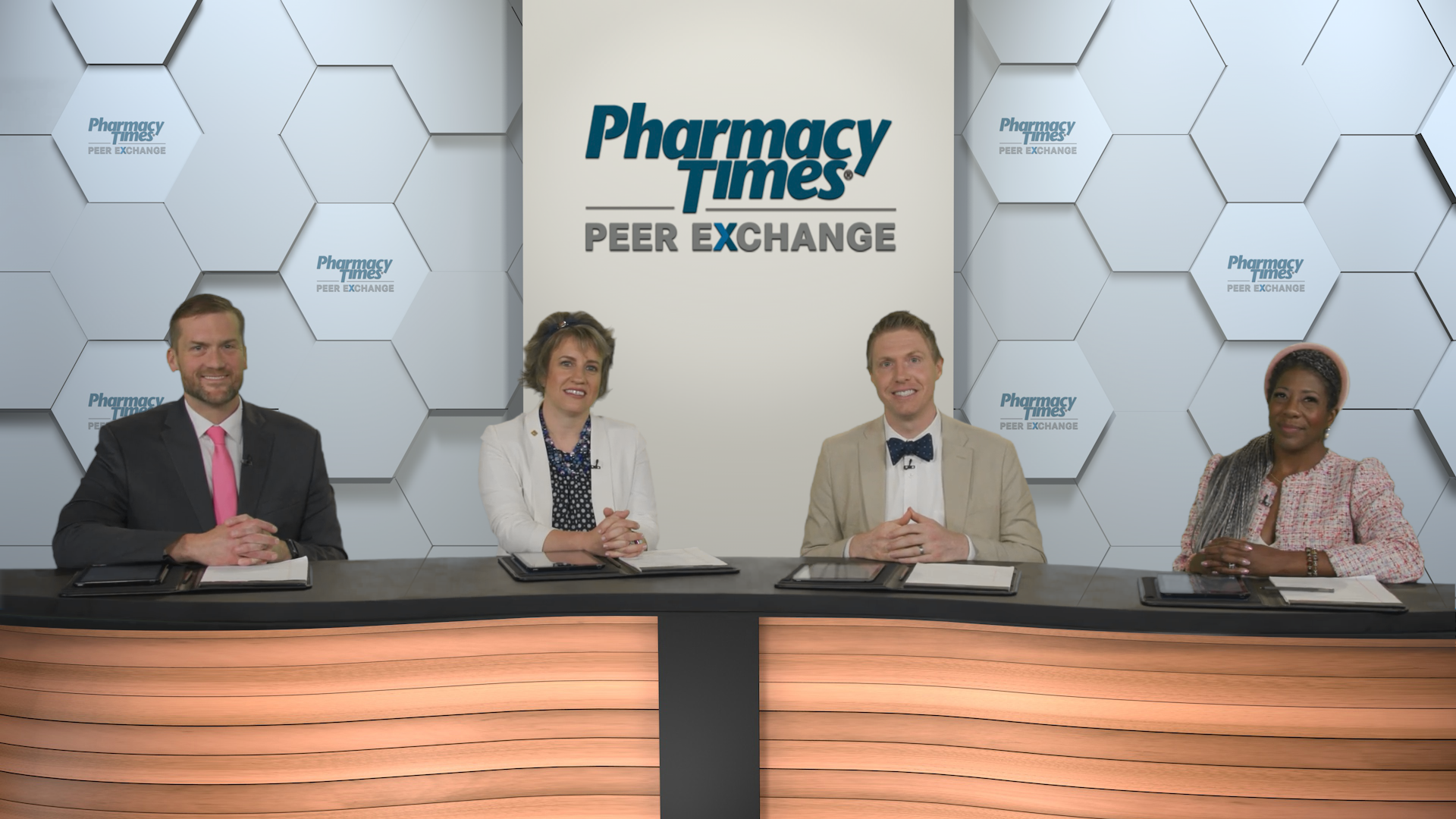Infection
Anticipating Adult RSV Infection Rates
Ryan Haumschild, PharmD, MS, MBA: In May the FDA approved the first RSV [respiratory syncytial virus] vaccine for adults aged 60 years and older. Dr Bridgeman, we’re excited about this vaccine, but how do we anticipate vaccines will affect the rate of adult RSV infections that we have as the baseline?
Mary Bridgeman, PharmD, BCPS, BCGP, FASCP: We can look at the study design of the Glaxo [GlaxoSmithKline Pharmaceuticals] vaccine trial. In the Glaxo vaccine trial, 12,500 participants received the study vaccine and received a placebo. When we look at the results of this study, we find that for those who had received the vaccine—based on limited years of exposure—there was a significant reduction in the risk of developing RSV-associated lower respiratory tract disease. That efficacy end point was 82.6%, and there was a 94.1% reduction in the risk of developing severe RSV-associated lower respiratory tract disease.
The vaccine was well tolerated, which is always something we have an eye on in new products, looking at safety. The most common adverse effects, as expected, were injection site pain, muscle pain, headache, joint stiffness, and pain. It’s important to point out that in 1 smaller study looking at this new RSV vaccine and concomitant administration with an influenza vaccine, there were 2 cases of acute disseminated encephalomyelitis. That’s a potentially serious adverse event that we’re going to need to keep an eye on as this product becomes more available and more widely utilized. In another small study, there was 1 reported case of Guillain-Barré syndrome. That’s a safety signal to be aware of. The FDA also requires postmarketing evaluation to assess these potential serious adverse events that we’ll want to watch. But we see a significant impact in reducing the severity of illness associated with vaccination.
Ryan Haumschild, PharmD, MS, MBA: I’ll be looking to see the trends going down, especially if vaccination rates continue to rise.
Christina Madison, PharmD, FCCP, AAHIVP: I love that you talked about the adverse effects. Let’s be honest, overall we have a bit of vaccine fatigue because we’ve gone through a pandemic. When we look at our ability to instill vaccine confidence in our patients, it’s important to tell them what to expect. Because you’ve talked about some of those serious adverse effects, I want to give a shout-out to VAERS [Vaccine Adverse Event Reporting System]. All of us have the ability to report adverse effects to the Vaccine Adverse Event Reporting System. When we do that, it helps the data because it’s a voluntary system, unlike V-safe, which everybody had to sign up when we were talking about the COVID-19 vaccine. We’re at the mercy of who decides to report. I want to plug that. If we see these adverse effects, it’s a good idea to submit those early on. [There’s] postmarket research that GSK [GlaxoSmithKline Pharmaceuticals] is stating as well. We want people to feel confident about the vaccine they’re receiving and that they’re not going to have some unnecessary harm.
Adam C. Welch, PharmD, MBA, FAPhA: You bring up a great point about COVID-19. This is the first vaccine approval after everything we went through with COVID-19. With COVID-19 and Operation Warp Speed, the vaccine came out quickly. It had such a huge national media presence that individuals began to think about vaccines in ways they hadn’t thought about before, good and bad. Because RSV is the first vaccine to come out since COVID-19, there are going to be a lot of questions. Pharmacists are well-positioned to help answer some of those. For example, RSV vaccines have been in development for several years. This hasn’t been fast-tracked the way COVID-19 was. This has gone through its due diligence. Tens of thousands of individuals have been studied with this through the phased trials.
The difference with COVID-19 is the manufacturers haven’t been incentivized by the federal government to begin manufacturing while the trials were still ongoing. This has gone through the more traditional channels of approval. I’m saying that because COVID-19 has also gone through its due diligence and tens of thousands of individuals have been studied with those vaccines as well. But for a casual patient, they’re going to say, “What? Another vaccine this time of year? I’m done with vaccines.” Some pharmacists are going to feel the same way: “I’m exhausted from COVID-19. We’re going to add another vaccine that time of year?” It’s going to be a lot to manage. Planting the seed now and having discussions with patients in the summer and early fall will help them have an easier time when the vaccines are readily used in the winter and during flu season.
Mary Bridgeman, PharmD, BCPS, BCGP, FASCP: I want to revisit vaccine confidence, particularly in older adults. If we take a step back and we conceptualize this, older adults aged 60 and above have been bombarded with vaccine recommendations recently: COVID-19 vaccine boosters, evolving COVID-19 vaccination recommendations, changing pneumococcal vaccine recommendations, and even our shingles vaccine recommendations for this population have evolved. A pharmacist is perfectly poised to be able to address and provide or instill that confidence in the rationale for the use of this vaccine in this space.
Transcript edited for clarity.

